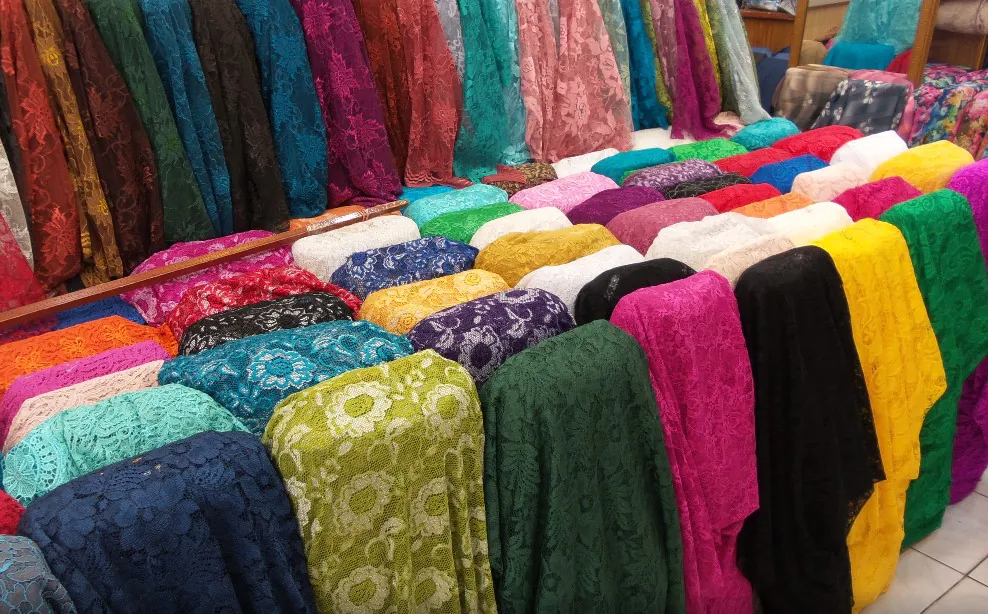When it comes to tackling textile waste in the textile and apparel industry, textile recycling is considered one of the best solutions, as it is both environmentally and economically friendly. More and more dedicated textile and apparel manufacturers, researchers and fashion brands are developing innovations and methods to reduce textile waste and provide a greater benefit to our planet.
Levi’s sets to make jeans with 100% recycled cotton
The world’s leading denim manufacturer, Levi’s, is a dedicated fashion brand in textile recycling. The American denim company has recently announced a plan to make all of its products from 100% recycled cotton by 2025. The ambitious plan means that Levi’s will become the first fashion brand in the industry to halt its use of cotton sourced from cotton fields; instead, recycled cotton will be used as the main material to make its jeans.
In 2016, Levi’s created the first jeans using 100% recycled cotton from dissolved old t-shirts. Levi’s new fabric recycling technology was developed by Seattle textile recycling startup Evrnu, which turns dissolved fabrics into a high-quality thread. As an additional bonus, this new recycling method also saves a lot of water that is normally used in cotton growing and threading processes. The prototype jeans that were produced by Levi’s were made from five old cotton t-shirts and required 98% less water than virgin cotton products.
Today, over 21% of all the cotton sourced by Levi’s is recycled, and Levi’s is very optimistic in making this number 100% over the next eight years. Levi’s is also running a textile recycling dedicated program in five countries, including the U.S., Canada, Japan, the U.K. and Germany, which rewards customers with a 15% discount if they donate any unwanted clothes for recycling.
100% recycled and other sustainable materials for H&M products
The Swedish fashion giant H&M, which runs over 4,300 retail stores around the world, has set a new goal to use only recycled or other sustainable materials in all of its products by 2030. H&M was named the biggest global user of cotton certified by the Better Cotton Initiative in 2016. Since the start of the global Garment Collecting initiative in 2013, the H&M group has collected 39,000 tonnes of used and unwanted textiles. By 2020, the company aims to collect at least 25,000 tonnes of such textiles every year.
Meanwhile, many other international fashion brands have joined the trend of textile recycling and sustainable fashion. Mango and Zara recently released their sustainable collections made from recycled or other sustainable materials. The British luxury fashion brand Stella McCartney, which never uses leather or fur, is seeking organic fabrics, low-impact dyes, and regenerated cashmere from off-cuts to produce luxury clothes.
Thousands of the world’s leading textile and apparel companies can be in your contact list if you join BizVibe today! Whether you are looking for reliable suppliers, top textile manufacturers, wholesalers and potential customers in over 70 major countries, or benchmarking what your competitors are buying and which suppliers they’re using, BizVibe can help you connect with sales prospects in the textile industry across the globe.



